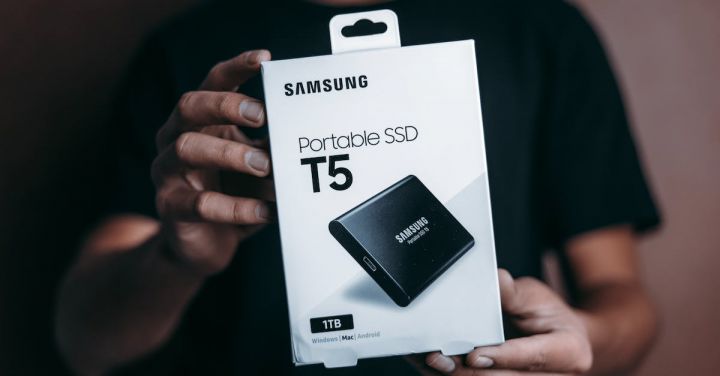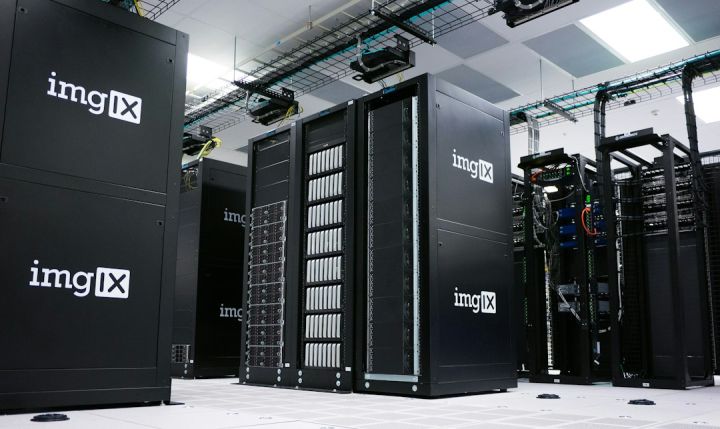Can Ssds Significantly Improve Server Performance?
In today’s technology-driven world, where speed and efficiency are paramount, businesses are constantly seeking ways to enhance the performance of their servers. One solution that has gained significant attention is the use of solid-state drives (SSDs). These storage devices offer numerous advantages over traditional hard disk drives (HDDs), including faster data access, improved reliability, and reduced power consumption. In this article, we will explore the potential benefits of using SSDs in servers and evaluate whether they can indeed significantly enhance server performance.
Faster Data Access
One of the primary advantages of SSDs over HDDs is their significantly faster data access speeds. Unlike HDDs, which rely on spinning disks and mechanical read/write heads, SSDs use flash memory to store and retrieve data. This eliminates the need for physical movement, resulting in near-instantaneous data access times. As a result, servers equipped with SSDs can handle a higher volume of requests and deliver data to users more quickly, improving overall system performance.
Improved Reliability
Another benefit of SSDs is their improved reliability compared to HDDs. Since SSDs have no moving parts, they are less prone to mechanical failures that can occur with HDDs. This increased reliability translates to reduced downtime and fewer data loss incidents, which are critical considerations for businesses relying on their servers to operate smoothly. By using SSDs, organizations can minimize the risk of costly disruptions and maintain a more efficient workflow.
Reduced Power Consumption
In addition to their performance advantages, SSDs are also known for their lower power consumption. Unlike HDDs, which require power to spin their disks and move their read/write heads, SSDs use flash memory, which consumes significantly less energy. This not only reduces electricity costs but also contributes to a greener and more sustainable IT infrastructure. By adopting SSDs in their servers, businesses can achieve energy savings while maintaining or even improving performance.
Enhanced Virtualization and Cloud Computing
The increasing popularity of virtualization and cloud computing has placed greater demands on server performance. These technologies rely heavily on fast data access and efficient resource allocation. SSDs, with their superior performance characteristics, are particularly well-suited for these environments. By using SSDs in servers powering virtual machines or cloud-based applications, businesses can ensure smoother operations, faster response times, and a more satisfying user experience.
Considerations and Cost-Effectiveness
While the benefits of using SSDs in servers are undeniable, it is essential to consider the associated costs. Historically, SSDs have been more expensive than HDDs, making them less accessible for some organizations. However, the cost of SSDs has been steadily declining, making them a more realistic option for businesses of all sizes. Moreover, the long-term benefits, such as improved performance, reliability, and energy savings, can often outweigh the initial investment.
Conclusion: SSDs as a Performance Boost
In conclusion, SSDs have the potential to significantly improve server performance. Their faster data access speeds, improved reliability, reduced power consumption, and compatibility with virtualization and cloud computing make them an excellent choice for businesses aiming to enhance the efficiency of their servers. While the cost of SSDs may have been a barrier in the past, their declining prices and long-term benefits make them a worthwhile investment. By incorporating SSDs into their server infrastructure, organizations can gain a competitive edge and ensure smooth and seamless operations in today’s fast-paced digital landscape.






